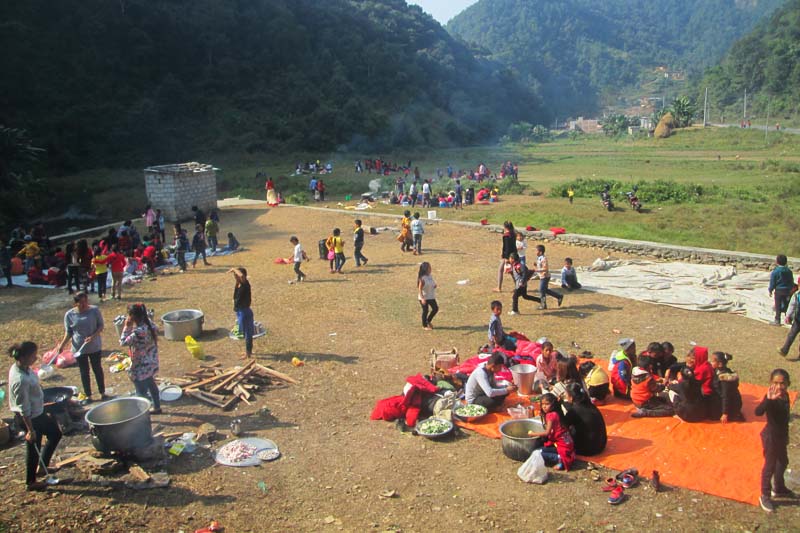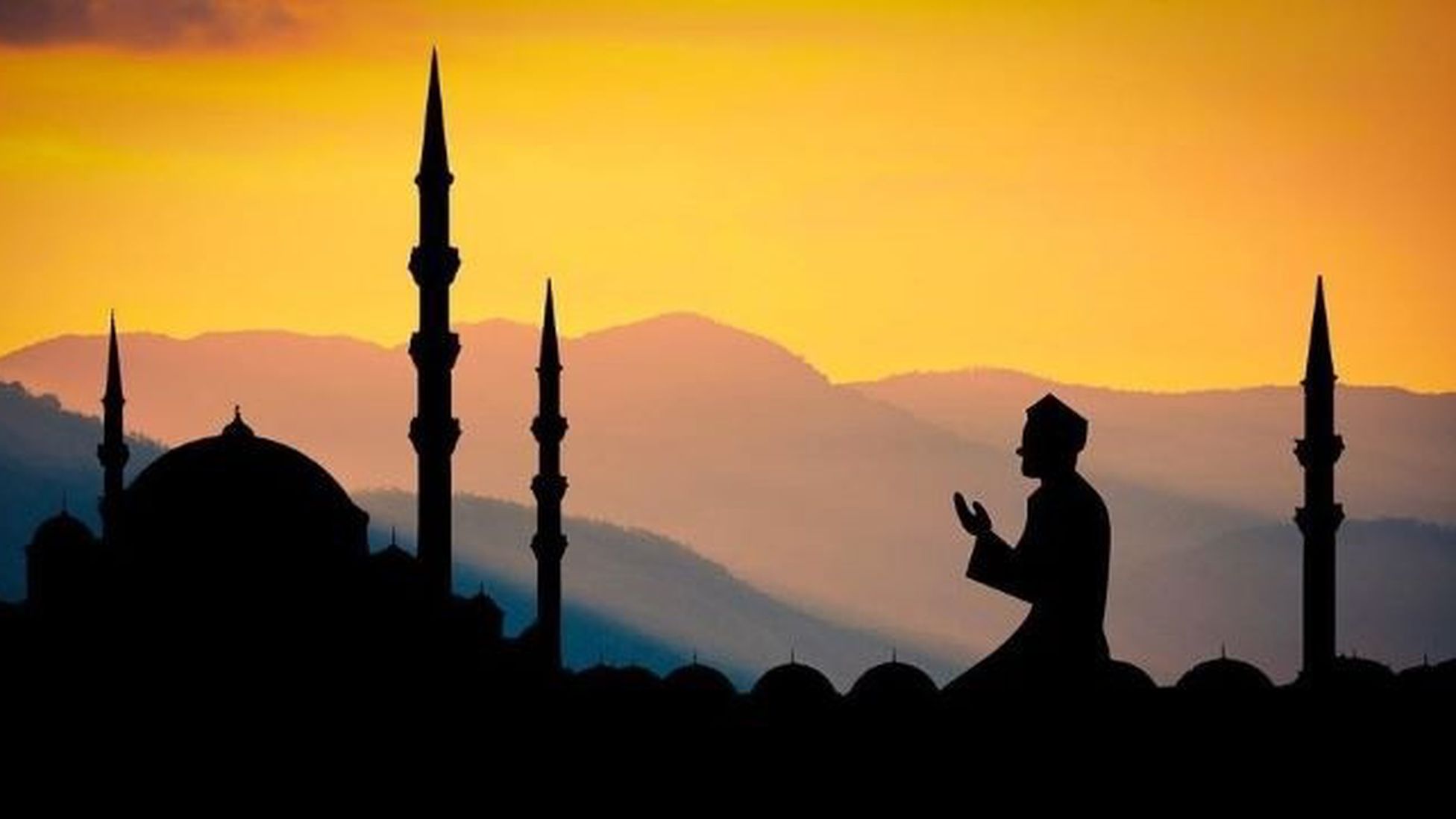
Celebrating Eid: Traditions, Significance, and Festivities
Eid al-Fitr and Eid al-Adha are two of the most significant Islamic festivals celebrated by Muslims around the world. These joyous occasions hold deep cultural and religious significance, marking the culmination of fasting and the spirit of sacrifice.
Eid al-Fitr, often referred to as the "Festival of Breaking the Fast," marks the end of Ramadan, the Islamic holy month of fasting. It begins with the sighting of the new moon, signaling the start of Shawwal, the month following Ramadan in the Islamic lunar calendar. Muslims gather for special prayers in mosques or outdoor prayer grounds, known as Eidgahs, early in the morning. The prayers are followed by a sermon, where the imam emphasizes the importance of charity, unity, and gratitude.
After the prayers, families and friends come together to share festive meals, exchange gifts, and extend greetings of "Eid Mubarak" or "Blessed Eid." Traditional sweets, such as baklava, maamoul, and sheer khurma, are prepared and shared as part of the celebrations. Many Muslims also engage in acts of charity, giving alms to the less fortunate, known as Zakat al-Fitr, to ensure that everyone can partake in the festivities.
Eid al-Adha, or the "Festival of Sacrifice," commemorates the willingness of Prophet Ibrahim (Abraham) to sacrifice his son Isma'il (Ishmael) as an act of obedience to God. According to Islamic tradition, just as Ibrahim was about to sacrifice his son, God provided a ram to sacrifice instead. To honor this event, Muslims around the world sacrifice animals, usually sheep, goats, cows, or camels, and distribute the meat among family, friends, and the needy. This act symbolizes obedience, submission, and generosity.
Similar to Eid al-Fitr, Eid al-Adha begins with special prayers and sermons, followed by communal gatherings and feasts. Families come together to enjoy traditional dishes made from the sacrificial meat, such as biryani, kebabs, and curries. The spirit of Eid al-Adha extends beyond feasting and includes acts of charity, with Muslims encouraged to share the blessings of the occasion with those in need.
Both Eid al-Fitr and Eid al-Adha are occasions of joy, reflection, and gratitude, strengthening the bonds of community and reinforcing core Islamic values of compassion, generosity, and devotion. These festivals serve as reminders of the importance of faith, family, and service, fostering a sense of unity and solidarity among Muslims worldwide.












Comment / Rely From